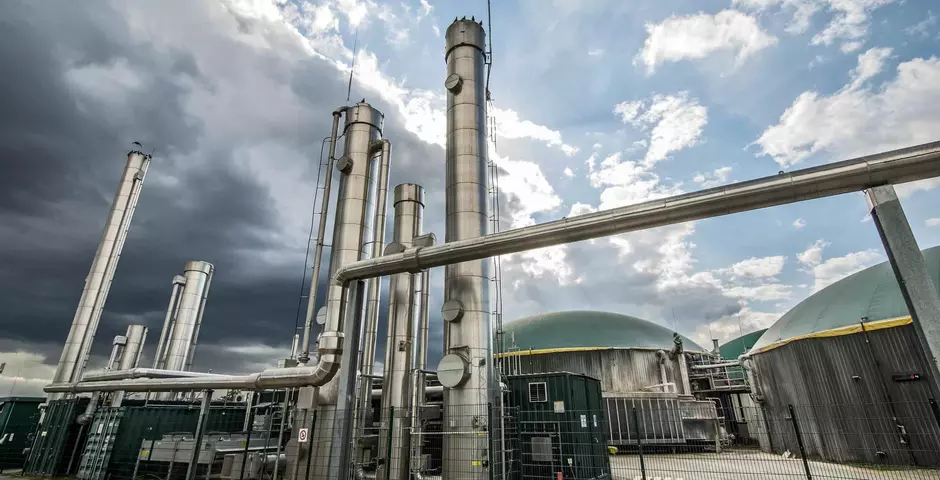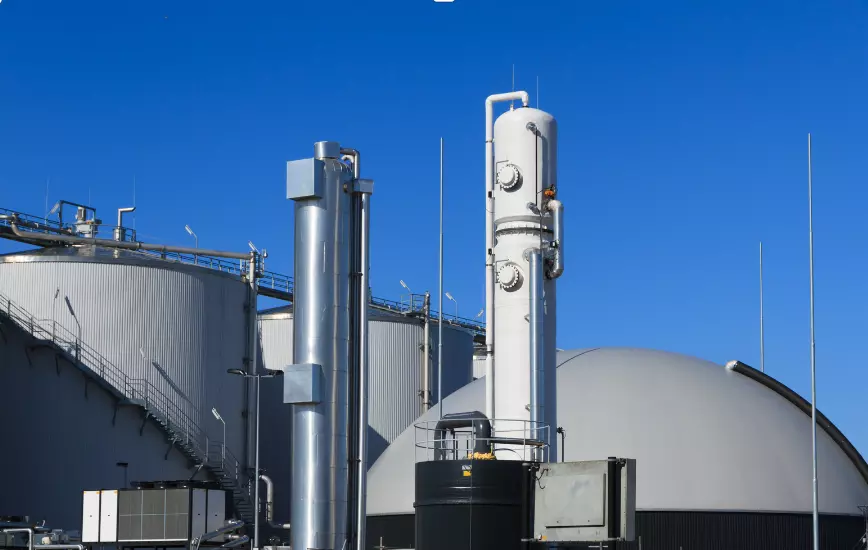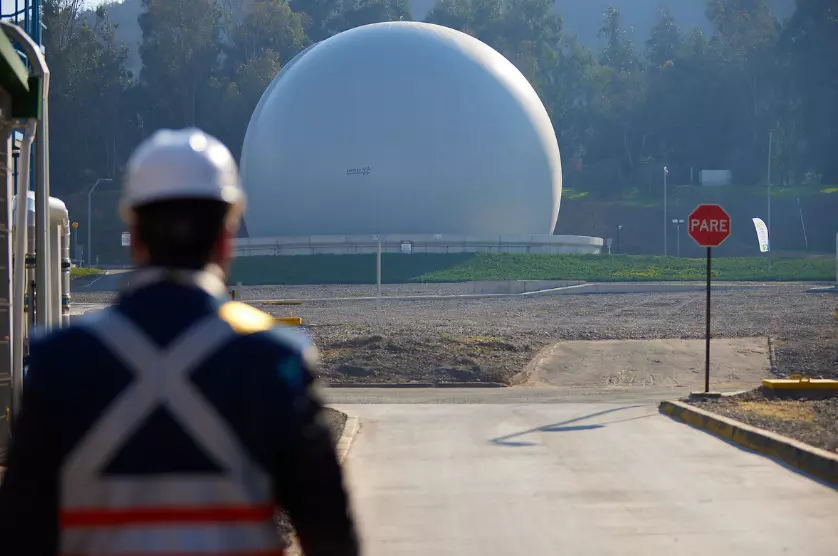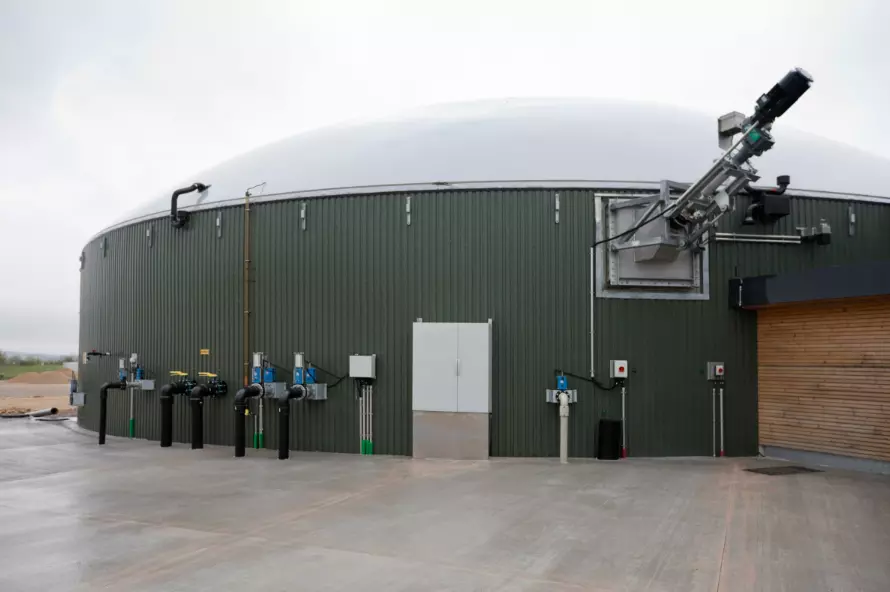Biogas, as a renewable energy source, offers a unique set of advantages and constraints that are important to understand. Evaluating both its benefits and limitations provides valuable insights into the potential and challenges associated with this energy solution. By examining the positive aspects alongside the existing constraints, we can gain a comprehensive understanding of the role biogas plays in our quest for sustainable energy alternatives.
Benefits of Biogas:
1. Renewable Energy Source: Biogas is produced from organic waste, which is continually generated, making it a renewable and sustainable energy option.
2. Greenhouse Gas Reduction: The production and use of biogas help reduce greenhouse gas emissions. By capturing methane, a potent greenhouse gas released during organic waste decomposition, biogas mitigates its impact on climate change.
3. Waste Management: Biogas production provides an effective solution for managing organic waste. It diverts waste from landfills, where it would emit methane, and instead converts it into a useful energy resource.
4. Energy Independence: Biogas production promotes energy self-sufficiency, especially in rural areas. It allows communities to generate their own energy locally, reducing dependence on fossil fuels and long-distance energy transportation.
5. Multiple Applications: Biogas can be utilized for various purposes, including electricity generation, heating, cooking, and as a vehicle fuel. It offers versatility and can be adapted to meet diverse energy needs.
Limitations of Biogas:
1. Infrastructure Requirements: Establishing biogas production facilities requires significant infrastructure investments, such as digester systems and gas collection systems. This can be a barrier, particularly for small-scale or resource-constrained communities.
2. Feedstock Availability: Biogas production relies on the availability of organic waste materials. In some areas, obtaining a consistent and sufficient supply of feedstock can be a challenge.
3. Nutrient Loss: During the anaerobic digestion process, some of the valuable nutrients in the organic waste are lost. This can impact the use of digested material as fertilizer for agriculture.
4. H2S and Odor Concerns: Biogas can contain hydrogen sulfide (H2S), a gas with an unpleasant odor and potential health effects. Proper gas treatment and monitoring systems are necessary to address these concerns.
5. Initial Costs: Setting up biogas plants can involve significant initial costs, including equipment, infrastructure, and operational expenses. The return on investment may take time to realize, depending on the scale and efficiency of the system
The Positive Affects Biogas Has On The Environment
As previously stated, the production of biogas offers several notable benefits for the environment. It serves as a valuable renewable energy source and plays a crucial role in reducing greenhouse gas emissions. Additionally, biogas production provides a sustainable solution for effectively managing organic waste. Furthermore, there are numerous other positive effects associated with biogas and its production, including: Biogas facilities can be established locally, particularly in rural areas where organic waste sources are abundant. This allows for decentralized energy production, reducing the need for long-distance energy transportation. Local energy production promotes energy independence, reduces transmission losses, and supports the development of resilient and sustainable communities.
Biogas production utilizes organic waste materials that might otherwise go unused or become a source of pollution. By converting these waste materials into a valuable energy resource, biogas maximizes resource utilization and minimizes waste. The byproduct of biogas production, known as digestate, can be used as an organic fertilizer. Digestate is rich in nutrients and can improve soil quality, enhancing agricultural productivity while reducing the need for chemical fertilizers.






